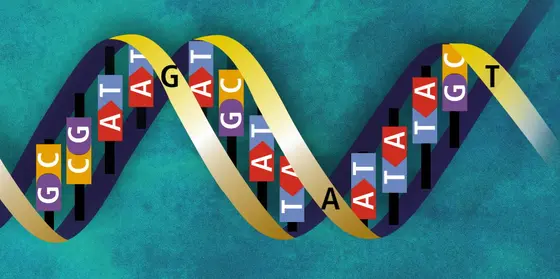Founded in 2008, the International Cancer Genome Consortium (ICGC) has now cross-referenced the genetic data of around 18000 cancer patients with approx. 50 different types of cancer. “We found a very high number of gene alterations in various cancer types," explains Fabien Calvo, Chief Scientific Officer of Cancer Core Europe and main author of the ICGCmed proposal. “We have now determined data from a large number of patients all diagnosed with the same type of cancer. We combined these data with the genome information from cancer cells as well as the individual course of the disease. We hope to be able to find out how genetic alterations influence the response to treatment and emergence of resistance. Our ultimate goal is to be able to offer each patient a personalized therapy for their individual type of disease."
“The worldwide cooperation of the institutions involved has been excellent and the sharing of data between scientists has been the basis for the ICGC's success", says Peter Lichter, one of the founding members of the ICGC and working at the German Cancer Research Centre (DKFZ) in Heidelberg. He goes on to explain: “The ICGCmed will now continue along this successful path, and use all the data acquired for the benefit of patients.
The information that we obtained from the analysis of genetic mutations in cancer cells has opened new paths for precision oncology. It would certainly be extremely useful for those in daily clinical practice to have more information on which medication has already been successful and for which genetic mutations in which type of cancer. It is one of the aims of ICGCmed to gather knowledge across the globe and make a significant contribution to translating this cancer genome information into clinical treatment options."
Scientists wanting to use the ICGC data have to agree to strict data protection guidelines to safeguard the privacy of patients. The original ICGC project is scheduled for completion in 2018. By then, the genome data of 25000 cancer patients with 50 different cancer types should be available.
The German part of the ICGC was generously supported by German Cancer Aid (Deutsche Krebshilfe) and the German Federal Ministry for Education and Research (BMBF).
